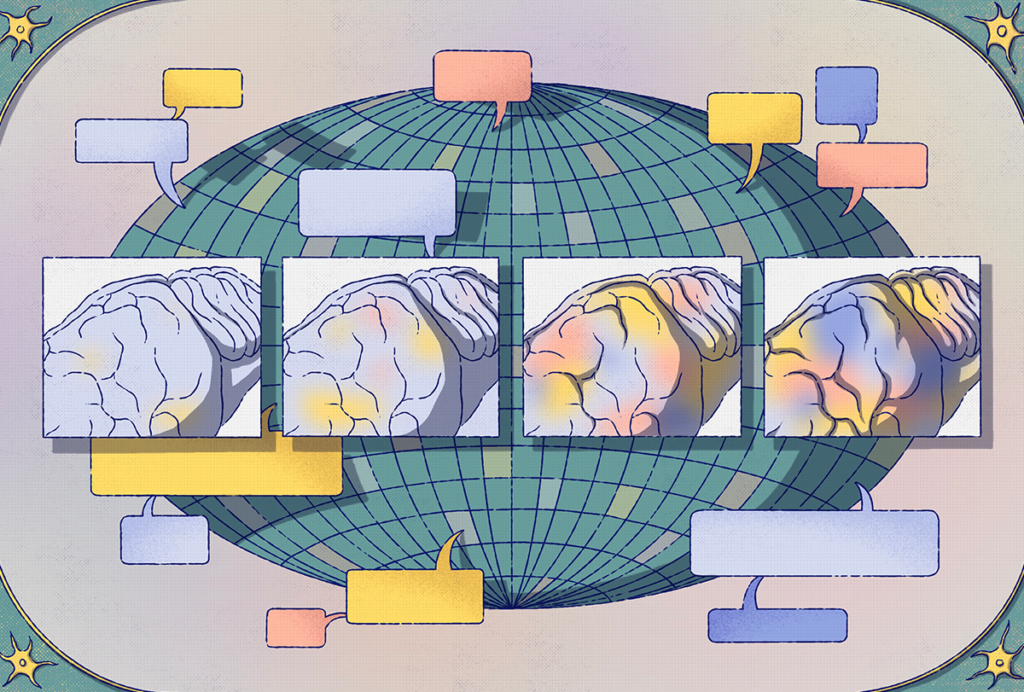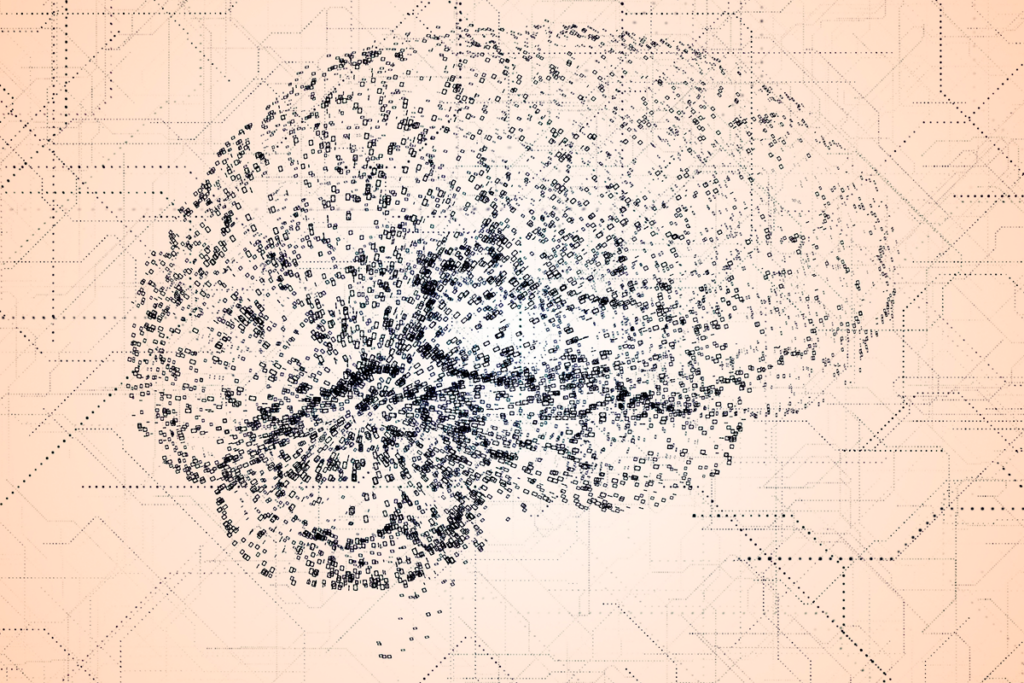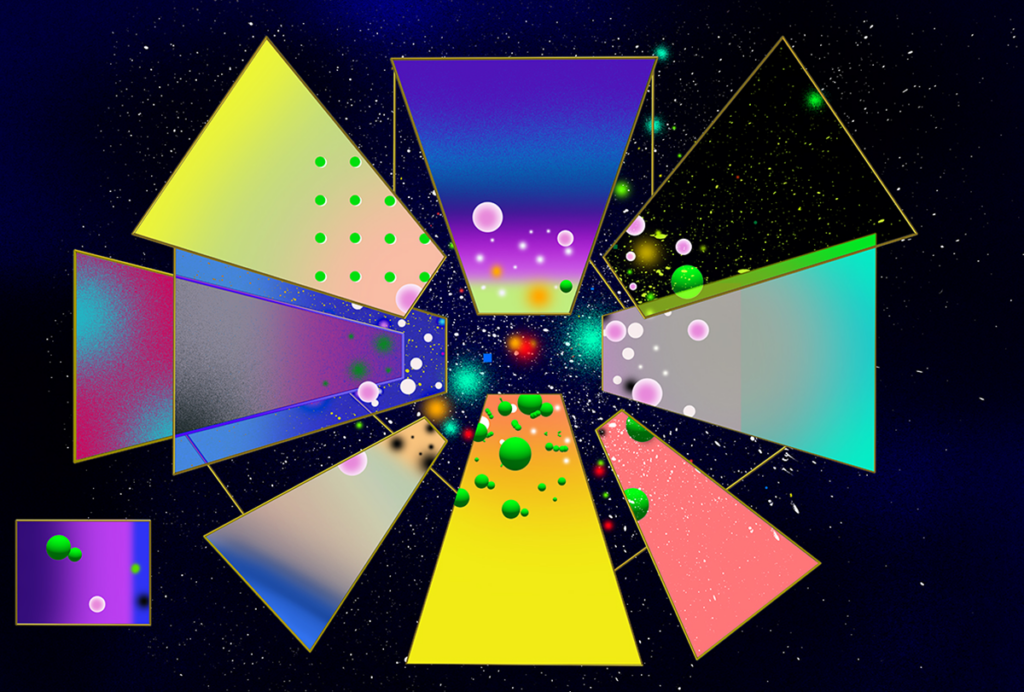Theoretical neuroscience
Recent articles
Tomaso Poggio on his quest for theories to explain the fundamental learning abilities of brains and machines
Thus far, engineering has outpaced theory in the science of intelligence. But Poggio is hopeful that theories can catch up.
Tomaso Poggio on his quest for theories to explain the fundamental learning abilities of brains and machines
Thus far, engineering has outpaced theory in the science of intelligence. But Poggio is hopeful that theories can catch up.
Not playing around: Why neuroscience needs toy models
Amid the rise of billion-parameter models, I argue that toy models, with just a few neurons, remain essential—and may be all neuroscience needs.

Not playing around: Why neuroscience needs toy models
Amid the rise of billion-parameter models, I argue that toy models, with just a few neurons, remain essential—and may be all neuroscience needs.
A community-designed experiment tests open questions in predictive processing
More than 50 scientists came together to identify the key missing data needed to rigorously test theoretical models.

A community-designed experiment tests open questions in predictive processing
More than 50 scientists came together to identify the key missing data needed to rigorously test theoretical models.
The missing half of the neurodynamical systems theory
Bifurcations—an underexplored concept in neuroscience—can help explain how small differences in neural circuits give rise to entirely novel functions.

The missing half of the neurodynamical systems theory
Bifurcations—an underexplored concept in neuroscience—can help explain how small differences in neural circuits give rise to entirely novel functions.
Ann Kennedy explains the theoretical neuroscience of survival behaviors
The Scripps neuroscientist calls for a broader theoretical neuroscience approach in her area of research, which focuses on how the subcortex bridges life and cognition.
Ann Kennedy explains the theoretical neuroscience of survival behaviors
The Scripps neuroscientist calls for a broader theoretical neuroscience approach in her area of research, which focuses on how the subcortex bridges life and cognition.
Xaq Pitkow shares his principles for studying cognition in our imperfect brains and bodies
Pitkow discusses how evolution's messy constraints shape optimal brain algorithms, from Bayesian inference to ecological affordances.
Xaq Pitkow shares his principles for studying cognition in our imperfect brains and bodies
Pitkow discusses how evolution's messy constraints shape optimal brain algorithms, from Bayesian inference to ecological affordances.
Long-standing theoretical neuroscience fellowship program loses financial support
Funding from the Swartz and Sloan Foundations helped bring physicists and mathematicians into neuroscience for more than 30 years.

Long-standing theoretical neuroscience fellowship program loses financial support
Funding from the Swartz and Sloan Foundations helped bring physicists and mathematicians into neuroscience for more than 30 years.
The challenge of defining a neural population
Our current approach is largely arbitrary. We need new methods for grouping cells, ideally by their dynamics.

The challenge of defining a neural population
Our current approach is largely arbitrary. We need new methods for grouping cells, ideally by their dynamics.
Xiao-Jing Wang outlines the future of theoretical neuroscience
Wang discusses why he decided the time was right for a new theoretical neuroscience textbook and how bifurcation is a key missing concept in neuroscience explanations.
Xiao-Jing Wang outlines the future of theoretical neuroscience
Wang discusses why he decided the time was right for a new theoretical neuroscience textbook and how bifurcation is a key missing concept in neuroscience explanations.
Thinking about thinking: AI offers theoretical insights into human memory
We need a new conceptual framework for understanding cognitive functions—particularly how globally distributed brain states are formed and maintained for hours.

Thinking about thinking: AI offers theoretical insights into human memory
We need a new conceptual framework for understanding cognitive functions—particularly how globally distributed brain states are formed and maintained for hours.
Explore more from The Transmitter
Shifting neural code powers speech comprehension
Dynamic coding helps explain how the brain processes multiple features of speech—from the smallest units of sounds to full sentences—simultaneously.

Shifting neural code powers speech comprehension
Dynamic coding helps explain how the brain processes multiple features of speech—from the smallest units of sounds to full sentences—simultaneously.
Astrocytes orchestrate oxytocin’s social effects in mice
The cells amplify oxytocin—and may be responsible for sex differences in social behavior, two preprints find.

Astrocytes orchestrate oxytocin’s social effects in mice
The cells amplify oxytocin—and may be responsible for sex differences in social behavior, two preprints find.
Neuro’s ark: Spying on the secret sensory world of ticks
Carola Städele, a self-proclaimed “tick magnet,” studies the arachnids’ sensory neurobiology—in other words, how these tiny parasites zero in on their next meal.

Neuro’s ark: Spying on the secret sensory world of ticks
Carola Städele, a self-proclaimed “tick magnet,” studies the arachnids’ sensory neurobiology—in other words, how these tiny parasites zero in on their next meal.